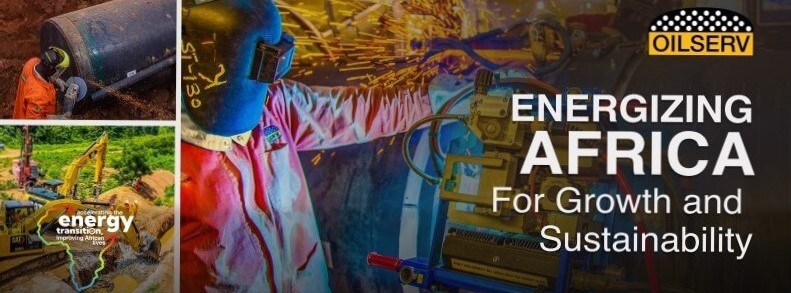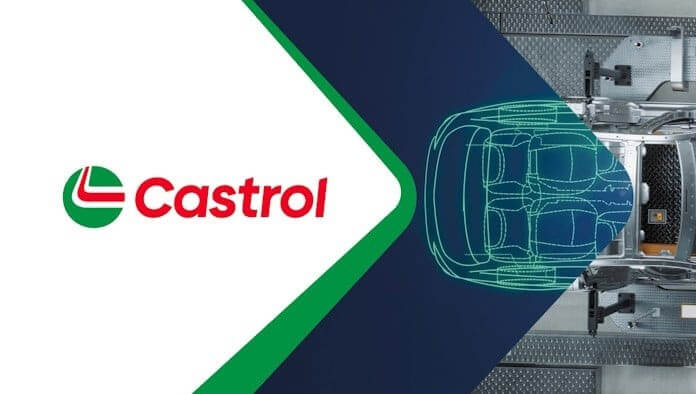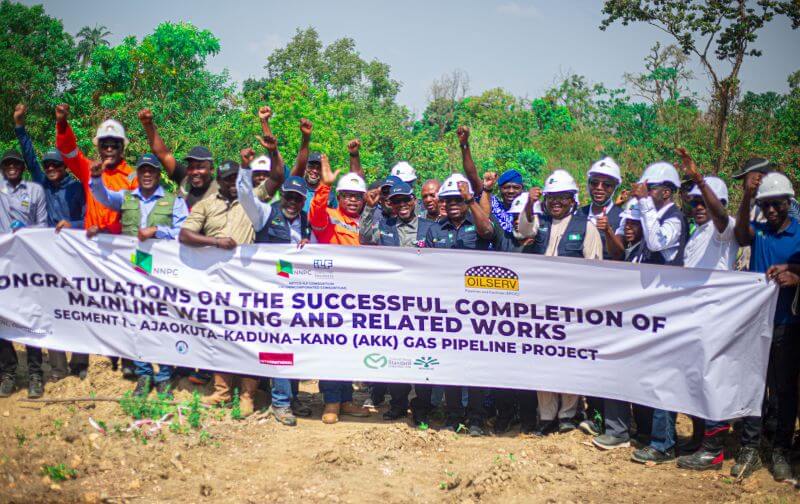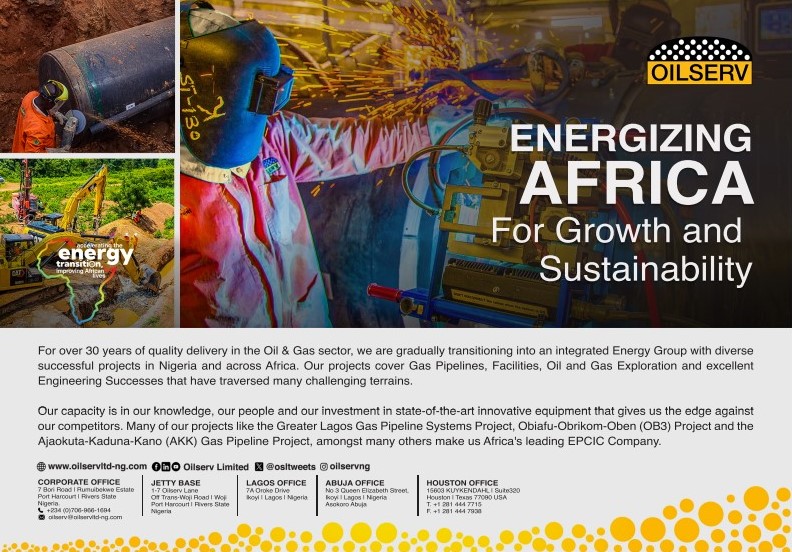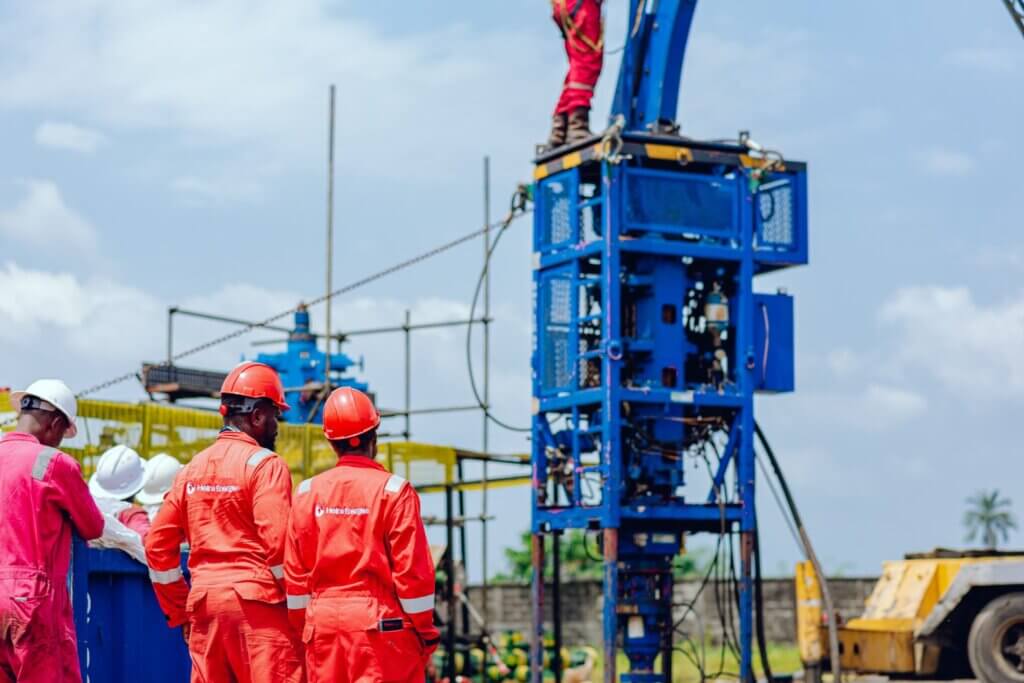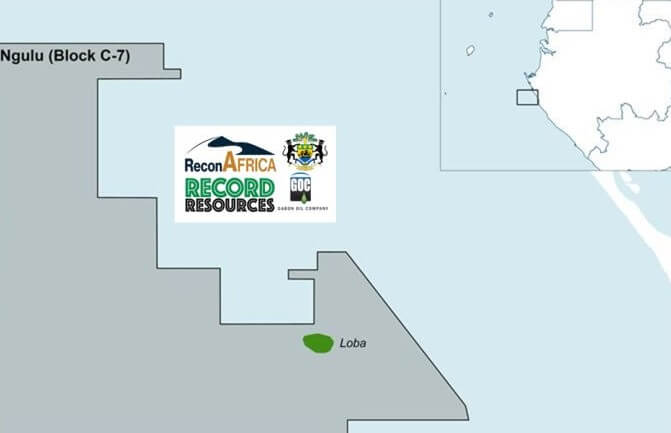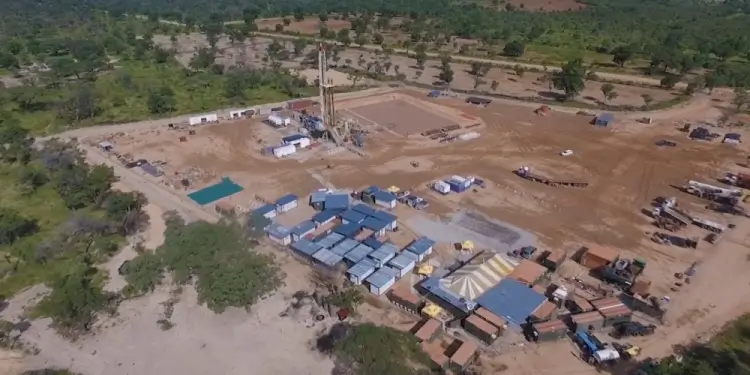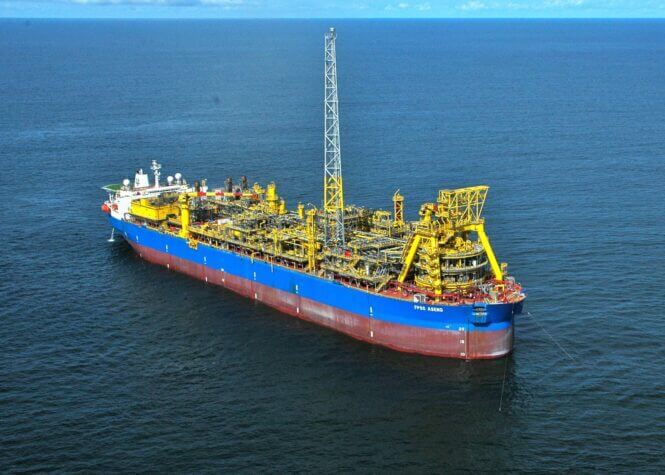
The North Sea Transition Authority (NSTA) has awarded 24 licenses in the second tranche of its 33rd oil and gas licensing round to 17 companies.
Shell, Equinor, bp, Total and NEO are among the 18 separate companies which have today been offered a total of 24 licences in the second tranche of the 33rd oil and gas licensing round.
These awards, which will help to ensure job security and provide benefits to the local and wider economy, follow the 27 licences offered in the first allocation made in October last year. More will follow in the coming months.
The 74 blocks and part-blocks offered this time are all in the Central North Sea, Northern North Sea, and West of Shetland areas.
The remaining blocks, the majority in the Southern North Sea and East Irish Sea, will be offered when environmental evaluations, including Habitat Regulation Assessment (HRA) Appropriate Assessments, have been finalised by OPRED.
The 33rd Licensing Round opened in October 2022 with more than 900 Blocks being made available. The application window closed in January 2023 with 115 bids coming in from 76 companies, demonstrating the ongoing appetite within industry to explore the UK Continental Shelf.
The round is a key part of the North Sea Transition Authority’s (NSTA) drive to support the oil and gas industry, which currently contributes around three quarters of domestic energy needs and, according to official forecasts, will continue to do so even as demand is reduced.
Internal NSTA analysis show that the average time between licensing and first production is now close to five years, which means that licences awarded now could be producing before the end of the decade.
In addition to providing skilled jobs and supporting the economy, domestic energy supply can play an important role in cutting greenhouse gas emissions, and allows the UK to continue to decarbonise domestic production.
Production emissions have been cut by more than a fifth between 2018 and 2022. Projections indicate the sector is on track to meet reduction targets of 10% by 2025 and 25% by 2027 – agreed in the North Sea Transition Deal in 2021.
The NSTA granted Development and Production Consent for the Victory gas field on 17 January, supporting a project with an estimated total net gas production equivalent to the average gas demand of 4.6 million UK homes for one year, or all Scottish homes for 1.5 years.
Carbon storage, for which the NSTA awarded 21 licences in 2023, and hydrogen, for which the NSTA has been named the offshore transport and storage regulator can also play a key role in supporting the drive to reach net zero by 2050.
“This latest batch brings total offers so far to 51, with more to come once the appropriate environmental checks are complete.
“These licences have the potential to make a significant contribution to the UK in energy production and economic benefits, and the NSTA will work alongside the licensees to help bring them into production as quickly as possible,” A NSTA spokesperson said.
“We will continue to need oil and gas over the coming decades, so it is common sense to make the most of our own resources – with domestically produced gas almost four times cleaner than importing Liquefied Natural Gas from abroad.
“These new licences will strengthen our energy security now and into the future, while also helping boost our economy, by backing an industry that supports 200,000 jobs and is worth £16 billion each year,” Minister for Energy Security and Net Zero Graham Stuart said.













